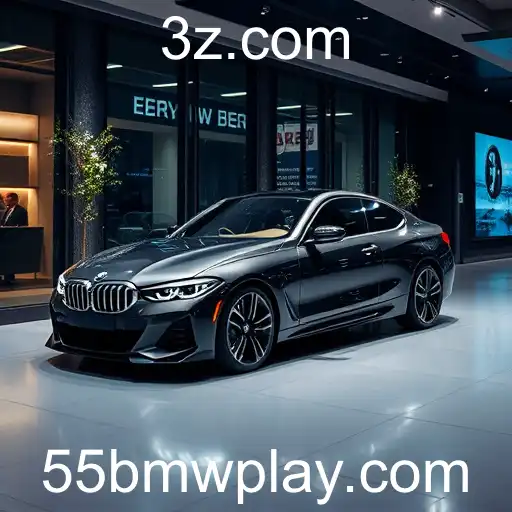
Exploring BMW's strategic shift towards sustainability and cutting-edge automotive technology, amidst the global transitions in the year 2025.
As we navigate through 2025, the automotive landscape is undergoing profound changes, fueled by technological advancements and a pressing need for sustainability. One of the major players steering this transformation is BMW. With its commitment to environmental responsibility and innovation, BMW stands at the forefront of the industry's shift towards greener mobility solutions.
In recent years, BMW has embraced a comprehensive sustainability strategy. This includes a pledge to reduce carbon emissions across its entire value chain, aligning with the global push towards net-zero emissions. The company has invested heavily in research and development to produce electric vehicles (EVs) that meet customer expectations for performance and design. This shift is not only a response to consumer demand but also a proactive measure in anticipatory compliance with increasing regulatory standards worldwide.
The introduction of new EV models like the BMW iX and i4 represents the company's dedication to a sustainable future. These models boast impressive ranges and cutting-edge technology, appealing to a growing market of eco-conscious drivers. Furthermore, BMW has announced plans to significantly increase its production of EVs, aiming to have at least half of its sales consist of electric models by the 2030s. This transition is supported by collaborations with battery manufacturers to improve energy efficiency and reduce costs.
Beyond electric vehicles, BMW is also exploring hydrogen fuel cell technology. This endeavor is part of a broader strategy to diversify its sustainable offerings, recognizing that a combination of technologies might be necessary to meet the varying demands and infrastructure capabilities globally.
Innovation remains a core pillar of BMW's approach. The company continues to leverage emerging technologies such as artificial intelligence and big data analytics to enhance vehicle automation and connectivity. These advancements promise to revolutionize driving experiences and offer enhanced safety features, further solidifying BMW's reputation as a leader in automotive intelligence.
BMW's journey in 2025 exemplifies the dynamic interplay between tradition and modernity. While the company remains faithful to its legacy of luxury and performance, its proactive pivot towards sustainability signifies a new era. This evolution is reflective of a broader industry shift, as manufacturers worldwide navigate the challenges and opportunities presented by technological advancements and environmental imperatives.
The interplay of regulatory pressures, consumer expectations, and technological potential suggests an exciting yet challenging horizon for automakers like BMW. As the year progresses, all eyes will be on how effectively these giants can balance their historical ethos with the modern demands of sustainability and innovation.




